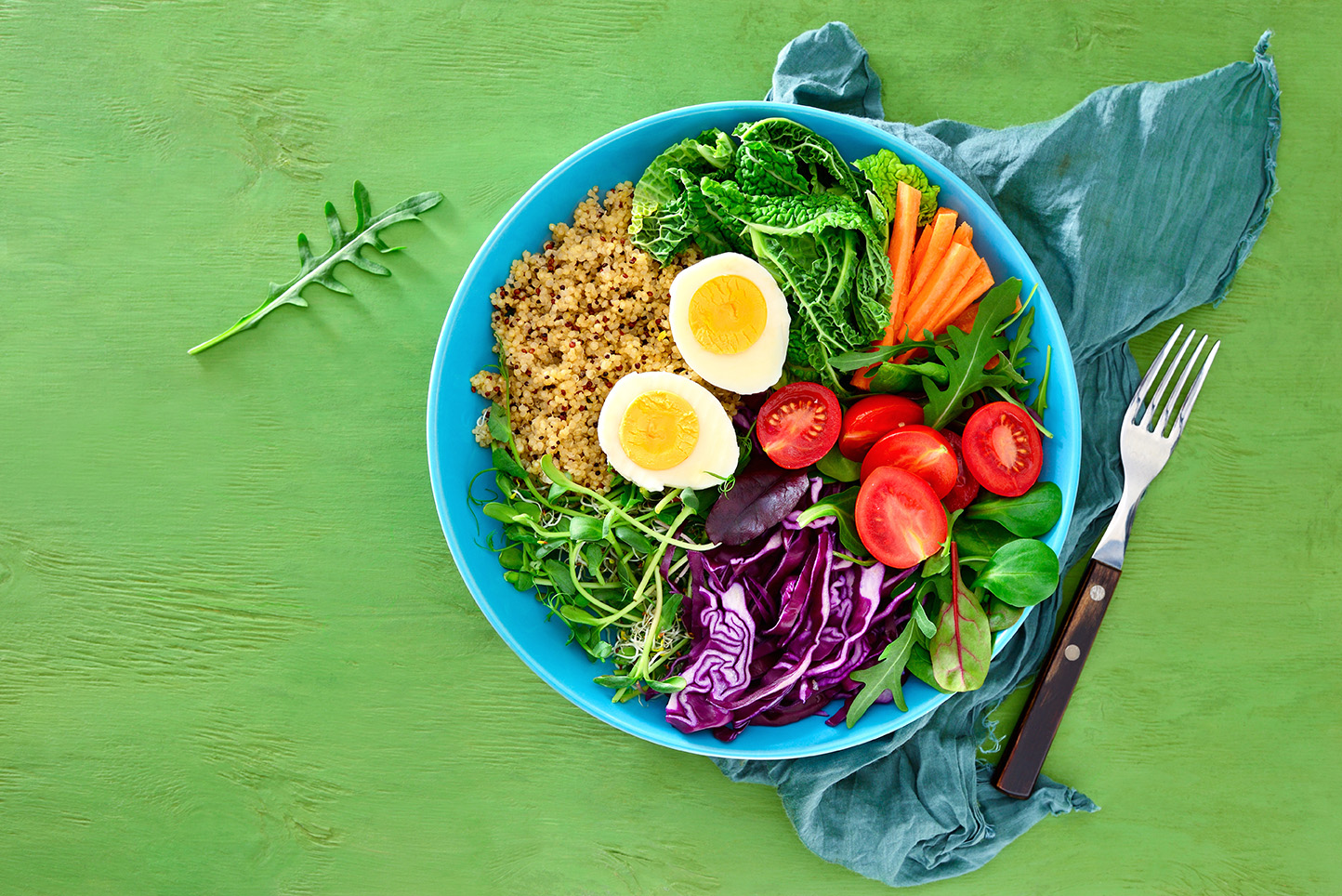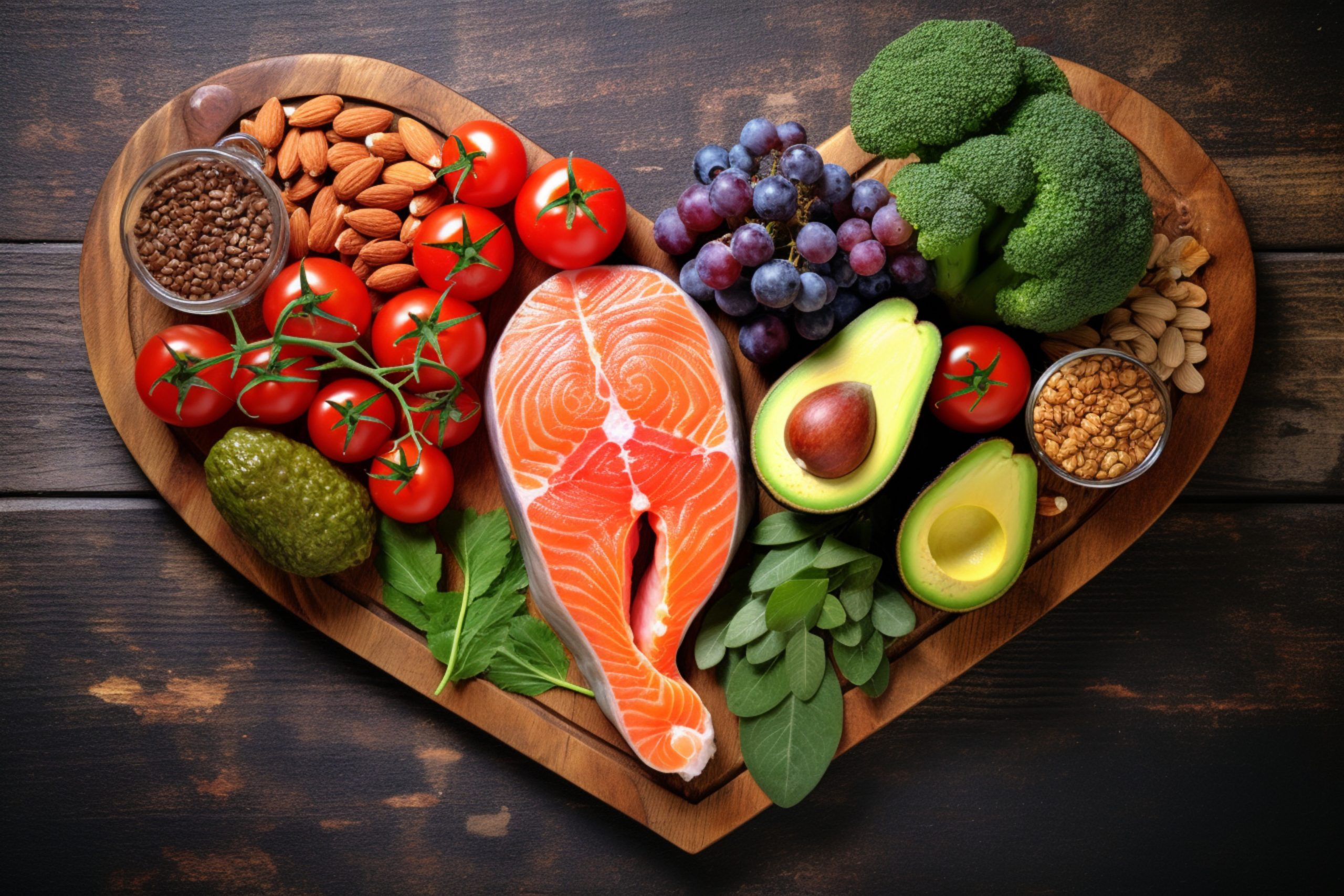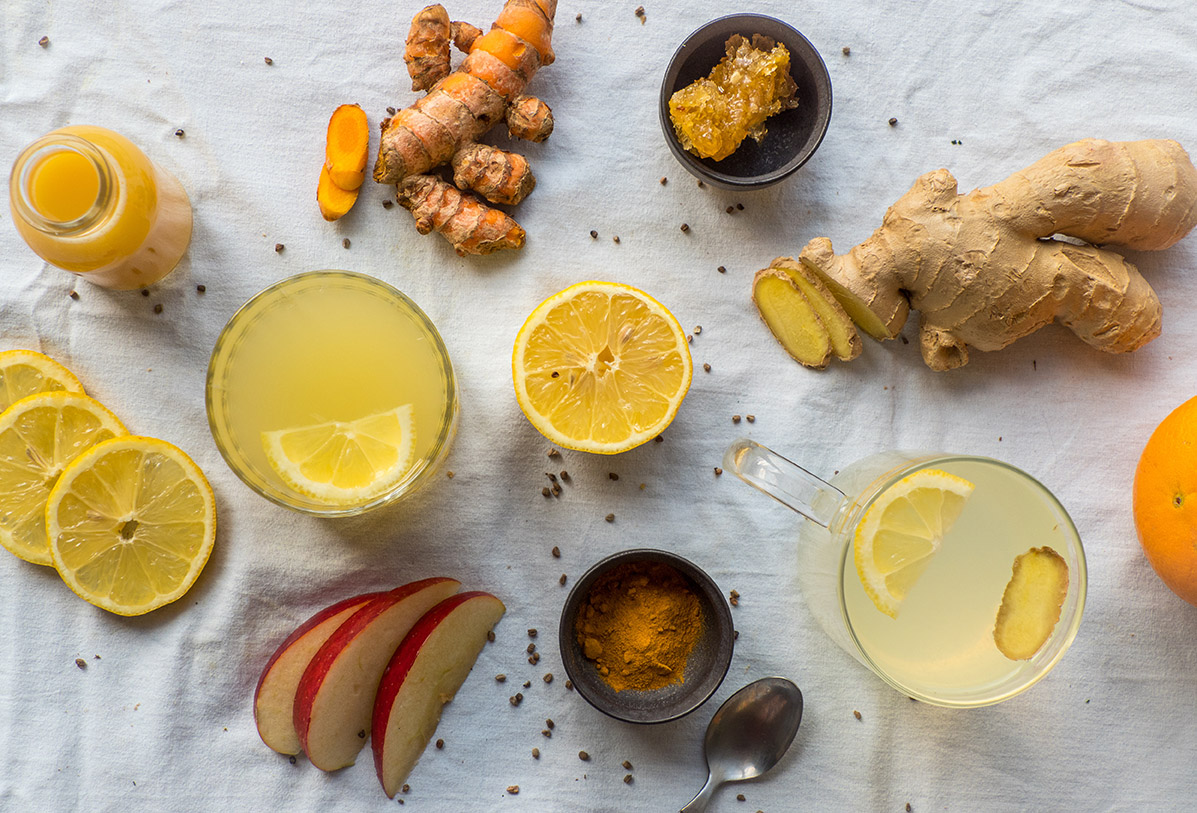No products in the cart.

At Prinos Farm&Deli we believe in the power of food to keep us healthy – which is why we provide customers with a wide selection of top quality products for a well-balanced diet. In fact, finding more natural ways to support our well-being is increasingly important. Especially today in 2023, at a time where chronic diseases and health issues are on the rise. Which is why in this month’s blog, we’ll be looking into anti-inflammatory foods and what role they play in helping us to stay healthy as the winter season approaches!
Firstly, what do we mean when we talk about inflammation and what exactly are anti-inflammatory foods? Before we start exploring the foods themselves, it’s important to understand the concept of inflammation itself. Normal inflammation is the body’s natural response to injury, infection, or harmful stimuli. While this type of acute inflammation is a crucial part of the immune system’s defence mechanism, chronic inflammation is where the trouble begins. this persistent inflammation can cause damage on the body over time.
Today inflammation is the root cause of many diseases and health problems, with chronic inflammation linked to various serious health conditions such as heart disease, diabetes, autoimmune disorders and even certain cancers. This is where anti-inflammatory foods come in. Essentially this group of nutrient-rich superheroes have been shown to reduce inflammation in the body. Well, they are packed full of So, consuming a diet rich in anti-inflammatory foods may help mitigate this chronic inflammation and promote overall health.
What are the top Anti-Inflammatory Foods
Fruits: Berries (such as blueberries, strawberries, and raspberries), cherries, oranges, grapes, and apples are known for their high levels of antioxidants and phytochemicals that can help combat inflammation.
Vegetables: Leafy greens (spinach, kale, collard greens), broccoli, cauliflower, Brussels sprouts, and colourful vegetables like peppers and tomatoes are rich in vitamins, minerals, and antioxidants that have anti-inflammatory properties.

Fatty Fish: Salmon, mackerel, sardines, and trout are high in omega-3 fatty acids, which have been shown to reduce inflammation. These fatty acids are particularly effective in combating chronic inflammatory conditions.

Nuts and Seeds: Almonds, walnuts, flaxseeds, and chia seeds are rich in healthy fats, fibre, and antioxidants that can help lower inflammation.
Whole Grains: Whole grains like brown rice, quinoa, whole wheat, and oats contain fibre and other nutrients that contribute to reduced inflammation.
Legumes: Beans, lentils, and chickpeas are sources of plant-based protein, fibre, and antioxidants that can contribute to an anti-inflammatory diet.
Spices and Herbs: Turmeric, ginger, garlic, and cinnamon have compounds with anti-inflammatory effects. Turmeric, in particular, contains curcumin, which has been extensively studied for its potential to reduce inflammation.

Green Tea: Green tea is rich in antioxidants called catechins that have been shown to have anti-inflammatory effects.
Olive Oil: Extra virgin olive oil contains monounsaturated fats and polyphenols that can help reduce inflammation.
Dark Chocolate: Dark chocolate with a high cocoa content contains flavonoids that may have anti-inflammatory benefits.
What are the Main Health Benefits of Anti-Inflammatory Foods
If you are wondering how anti-inflammatory foods work to fight inflammation, the answer is in their nutritional composition. These foods are brimming with antioxidants, vitamins, minerals, and healthy fats that work together to counteract inflammation and promote overall wellness. Below are just some of the benefits that these foods bring when incorporated into your diet.
- Reducing Disease Risk: By incorporating anti-inflammatory foods into your diet, you can lower your risk of developing these conditions. Foods that are rich in omega-3 fatty acids, like fatty fish (salmon, mackerel, sardines), walnuts, and flaxseeds, have been shown to have potent anti-inflammatory effects, and are particularly good at safeguarding your cardiovascular health.
- Supporting Joint Health: Inflammation can often occur in the joints, leading to pain and discomfort, especially in conditions like arthritis. Consuming foods high in antioxidants, such as colourful berries (blueberries, strawberries), leafy greens, and nuts, can help manage joint inflammation and promote better mobility.
- Enhancing Gut Health: A healthy gut is pivotal for overall well-being, and chronic inflammation can disturb the delicate balance of your gut microbiome. Probiotic-rich foods like yogurt, kefir, sauerkraut, and kimchi support a diverse and balanced gut flora, which can help alleviate inflammation and enhance digestion.
- Managing Weight and Metabolism: Excess body fat can cause inflammation, while in turn, anti-inflammatory foods can aid in weight management by keeping insulin levels stable and promoting a healthier metabolism. Foods like avocados, olive oil, and whole grains are excellent choices for maintaining a healthy weight and curbing inflammation.
- Boosting Immune Function: A strong immune system is your body’s defence against infections and diseases. On the other hand, chronic inflammation can weaken your immune response. So, anti-inflammatory foods, loaded with immune-boosting nutrients like vitamin C (found in citrus fruits, bell peppers) and zinc (in lean meats, legumes), can fortify your immune system and help fend off illnesses.
- Brain Health and Cognitive Function: Inflammation has also been linked to cognitive decline and neurodegenerative diseases. Consuming anti-inflammatory foods rich in antioxidants, such as leafy greens, nuts, and fatty fish, can potentially support brain health and preserve cognitive function as you age.
Of course it is also important to know which foods cause inflammation. While incorporating anti-inflammatory foods into your diet can help support optimum health, these inflammatory foods should be avoided where possible.
And all of these anti-inflammatory foods can be found at Prinos Farm&Deli. We offer a fantastic range of healthy foods at our stores in Larnaca and Nicosia. Or you can visit our e-shop to have your anti-inflammatory foods delivered right to your doorstep.












 Home
Home  Whishlist
Whishlist